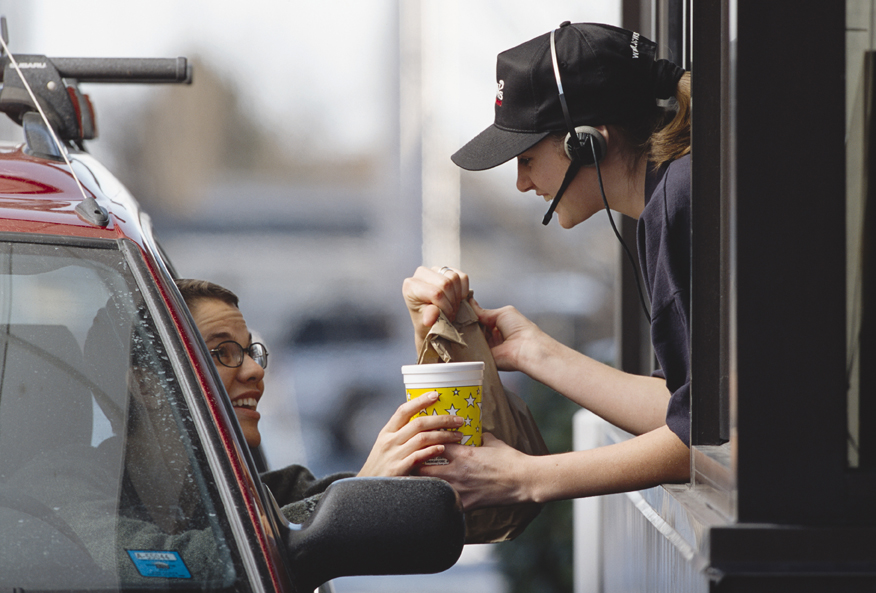Pay the IRS - and sip your slurpee, too!
October 20, 2016 by Jean Lee Scherkey, EA
Who could have expected, even a year ago, people would hear the following question when stopping by the local 7-Eleven store: “While I create the perfect Slurpee combination, would you process my tax payment?” And yet, here we are in 2016 hearing just that. On April 6, 2016, the IRS announced that taxpayers may now make tax payments at their participating local 7-Eleven convenience store. Through a partnership with ACI Worldwide’s OfficialPayments.com and the PayNearMe Company, the IRS is currently offering this cash payment alternative at participating 7-Eleven stores in 34 states. In a statement, IRS Commissioner, John Koskinen, said, “We continue to look for new ways to provide services for our taxpayers. Taxpayers have many options to pay their tax bills by direct debit, a check or a credit card, but this provides a new way for people who can only pay their taxes in cash without having to travel to an IRS Taxpayer Assistance Center.”
However, making a cash payment to the IRS at 7-Eleven is not quite as fast as working the nacho cheese pump. Before using this option, you must set-up the payment online at the Official Payments website. Generally, it will take the Official Payments website two to three days to process the setup request. Once the request is processed, you will receive an email from Official Payments that will contain a link that will take you to another website called PayNearMe. When at the PayNearMe site, you will be provided a PayNearMe PayCode. This code will remain valid for seven days. (Once the code expires, you will need to start the process over again, so make sure to act fast!) Next, take the PayCode, along with the cash needed to pay the tax, to a participating 7-Eleven store. (Oh, and don’t forget to bring an extra $3.99 for the service fee.) It’s important to remember your PayCode because, without it, 7-Eleven will not be able to process the payment. Once the transaction is made at 7-Eleven, it will take another two business days for the payment to post to your account at the IRS.
The maximum cash payment that can be made in a single transaction is $1,000. Although this is another option to get your payment in to Uncle Sam (especially for those who do not have credit cards or bank accounts), the entire process will take, at minimum, five to seven business days. Careful planning will need to be done ahead of time to ensure timely payment. To find out if your favorite 7-Eleven store is participating, please visit the “Approved Payment Locations” page on the PayNearMe website.
A word of caution: just as it’s important to discern the type and appropriate amount of condiments to go on your Big Bite, you must be just as discerning when it comes to your email inbox. There are concerns that cyber thieves may use this new payment option as another way to scam unsuspecting taxpayers via bogus emails and payment codes. It is important to stay alert to this possible threat. As my dad says “When in doubt, throw it out - and that includes suspicious emails.”





